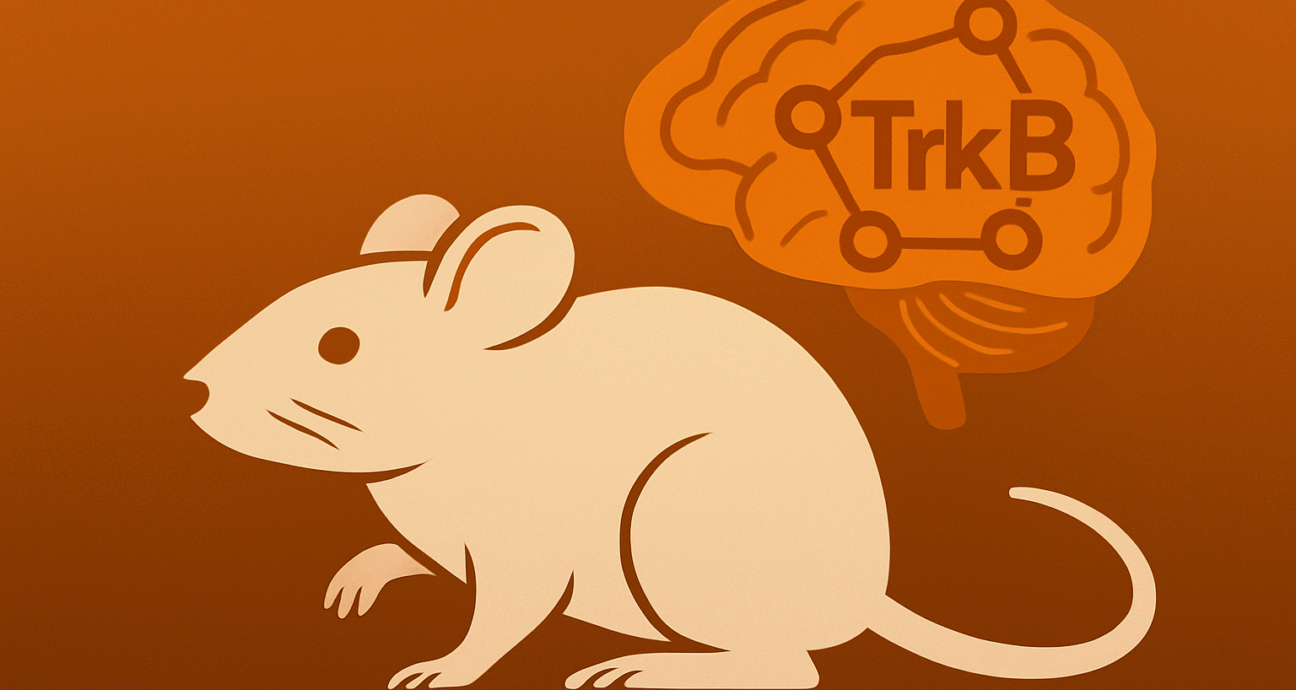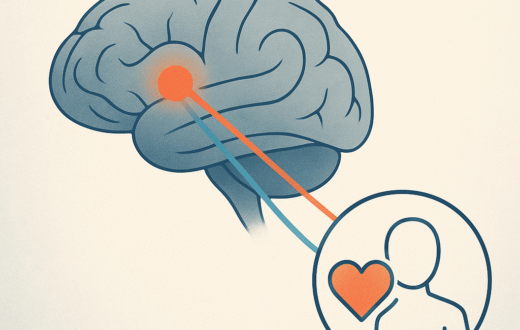Balancing Two Competing Neural Proteins Reduces Autism Symptoms in Mice

A study published on April 1 in the open-access journal PLOS Biology has revealed that autism-like symptoms in mice emerge when the equilibrium between two competing neural proteins is disrupted. The research was conducted by Dongdong Zhao from Wenzhou Medical University, Yun-wu Zhang from Xiamen University, China, and their colleagues.
Autism Spectrum Disorder (ASD) affects approximately 1% of the global population and is characterized by a range of social and cognitive impairments.
Although previous studies have linked various genetic factors, particularly those related to neuronal function to ASD, the precise mechanisms behind these associations have remained unclear.
In this new investigation, researchers examined the roles of two specific neuronal proteins thought to be implicated in ASD using mouse models.
Their focus was on MDGA2, a protein critical for nerve signal transmission, with mutations in its corresponding gene previously identified in some individuals with ASD.
The experiments showed that mice with reduced MDGA2 levels displayed behaviors resembling ASD, such as repetitive grooming and altered social interactions.
Additionally, these mice exhibited increased synaptic activity and elevated levels of brain-derived neurotrophic factor (BDNF), a protein that influences neuronal signaling by binding to the TrkB receptor and has also been associated with ASD.
Remarkably, treatment with an artificial peptide designed to mimic MDGA2 and inhibit BDNF/TrkB signaling led to a noticeable improvement in the mice’s symptoms.
Based on these findings, combined with earlier research, the authors propose that MDGA2 and BDNF normally maintain a balance by competing for binding to TrkB and that disruption of this balance alters neuronal regulation, contributing to ASD-related behaviors.
This protein interaction system could represent a promising therapeutic target for ASD, although further studies are needed to fully elucidate its mechanisms and its role in symptom development.
Yun-wu Zhang commented: « Mutations in the MDGA2 gene cause autism spectrum disorders (ASD), but the underlying mechanism was previously unknown. Our study identifies a novel function of MDGA2 in suppressing BDNF/TrkB signaling to maintain normal excitatory neuronal activity and demonstrates that MDGA2 deficiency leads to aberrant activation of BDNF/TrkB, increased excitatory signaling, and the manifestation of ASD-like behaviors in mice ».


